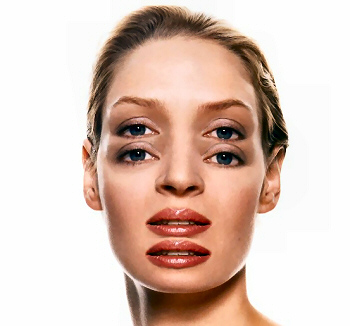Originally posted on The Differential on August 25, 2008
*****
I’ve been obsessed with these Olympics. It’s been so inspiring watching the athletes compete. The last event I saw was the Women’s Beam Final where America, led by Shawn Johnson and Nastia Liukin, won the gold and silver medals. After Shawn Johnson won the Gold Medal, the commentator talked about her background.
Ten years ago she bounced into Chow’s (her coach) gymnasium and began training at the age of six. During those years of training her coach asked her an important question: How good do you want to be?
That is a question every athlete must answer for himself or herself. The top athletes in the world only want to be the best. And they put their whole soul into achieving their goals, putting in hours and hours of training every day. The answer to that question determined what kind of training Shawn Johnson would need; it dictated the course of her childhood, finally culminating in an Olympic Gold Medal.
A couple of weeks ago I asked why we, as medical students, should bother learning something we’ll eventually forget. A number of people commented and left what they felt was the reason for learning such things. And I think they are all very useful answers to this question.
For me, the answer is best phrased in the question I heard while watching the U.S. Women’s Gymnastics competition -– the same question Shawn’s coach asked her: How good do you want to be?
At the end of my first year I spent almost two weeks on the General Surgery service. On the last day I was there I spoke with the chief resident who was less than a week from completing his general surgery residency. He spoke about his training and how he felt it was very well rounded. Because he had to rotate through many services, he felt comfortable speaking to internists, neurosurgeons, orthopedic surgeons, radiologists, etc. Even though those areas were not his specialty, he knew enough to communicate intelligently about a patient. These days, with multiple teams caring for a single patient, effective communication between healthcare providers is crucial.
Someone commented that a doctor with a broad base of medical knowledge is a well-rounded doctor.
A well rounded doctor means better care for patients. And it’s all about the patients, right?
So… How good do you want to be?






